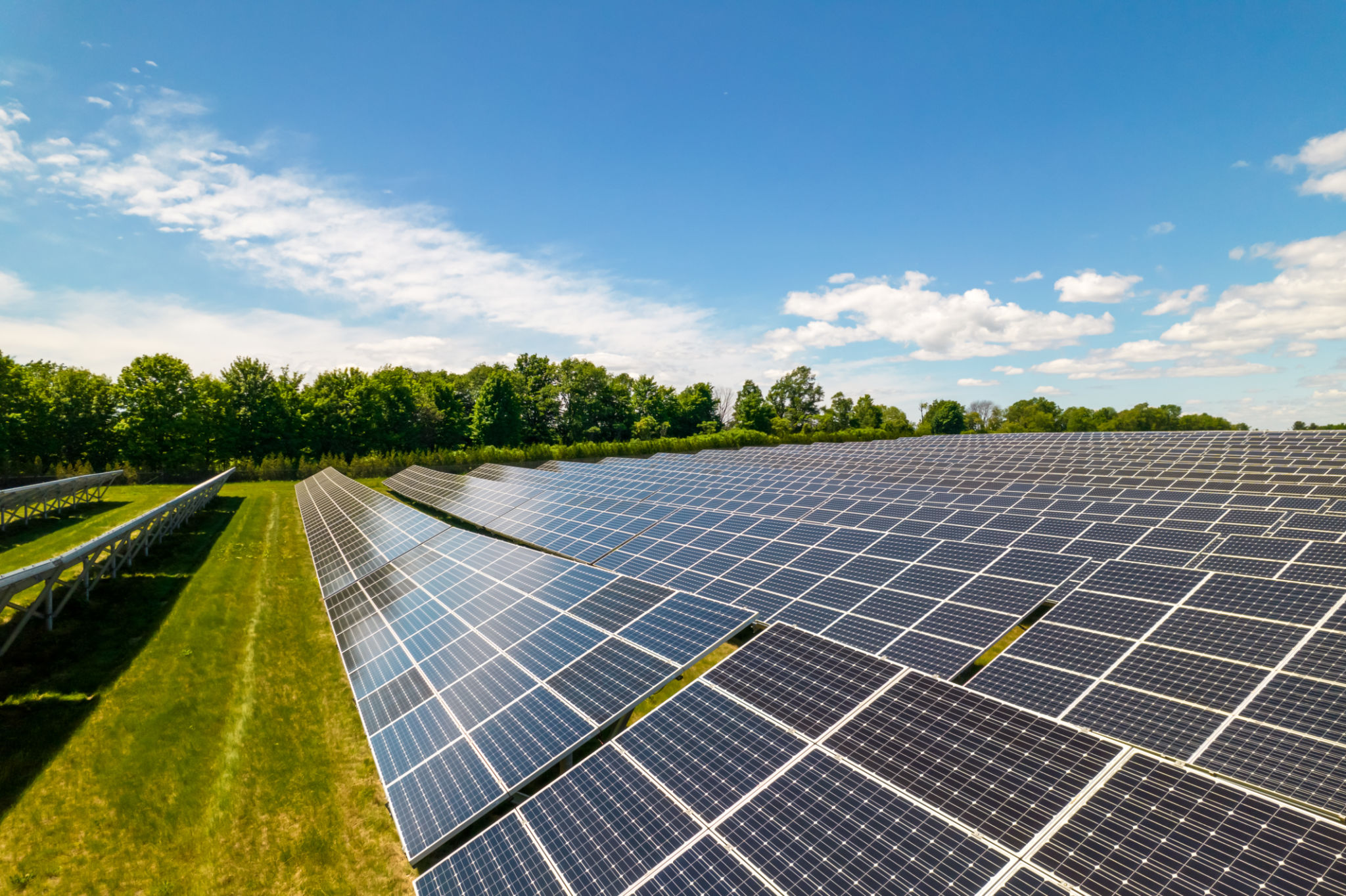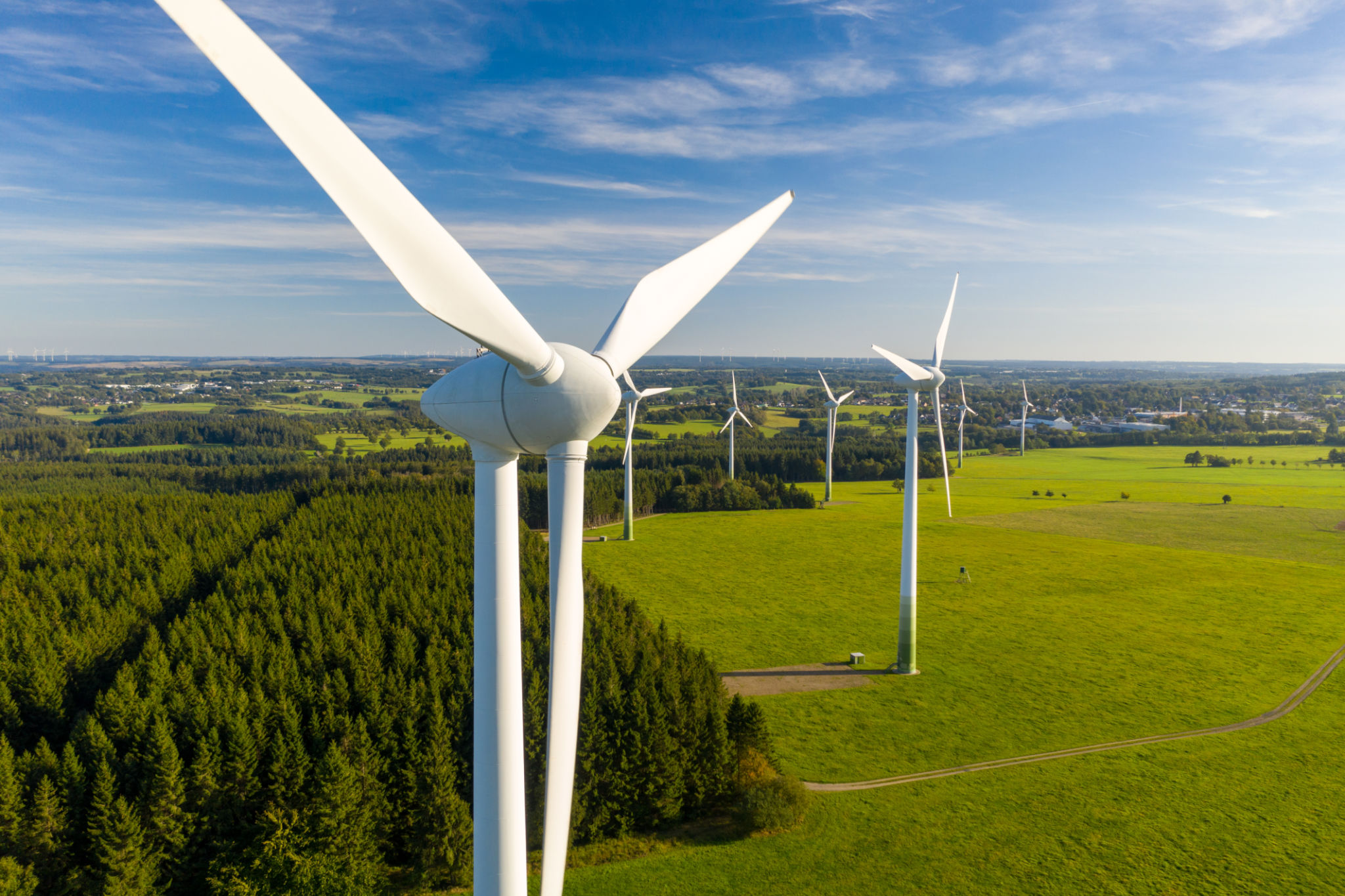Effective Energy Solutions in the Cameroon Region: What to Consider
Understanding the Energy Landscape in Cameroon
Cameroon, a country rich in natural resources, faces unique challenges and opportunities in its energy sector. With a growing population and increasing industrial activities, the demand for energy is rising rapidly. The nation's energy landscape is primarily dominated by hydroelectric power, which contributes significantly to the national grid. However, reliance on a single source of energy poses risks, particularly with changing climatic conditions impacting water availability.

To ensure a stable and sustainable energy supply, Cameroon must diversify its energy sources. This involves exploring alternative energies such as solar, wind, and biomass. Such diversification not only enhances energy security but also promotes environmental sustainability. Embracing a mix of energy sources can help mitigate the risks associated with over-reliance on hydropower.
Solar Energy: A Promising Future
Solar energy holds immense potential for Cameroon due to its geographical location near the equator, offering abundant sunlight throughout the year. Investing in solar power can significantly contribute to rural electrification and reduce dependency on non-renewable resources. Implementing solar projects requires careful planning, including selecting appropriate sites and ensuring grid connectivity.
However, the adoption of solar technology must overcome certain barriers. These include the high initial cost of setup and the need for skilled personnel to maintain solar installations. Government incentives and partnerships with international organizations could play a pivotal role in overcoming these challenges and promoting solar energy adoption.

Wind Energy: Harnessing Natural Forces
Although less explored, wind energy offers another viable solution for Cameroon's energy needs. Some regions in Cameroon have favorable wind conditions that could be harnessed for electricity generation. Investing in wind farms can complement existing energy sources, providing a steady supply of power even during dry seasons when water levels are low.
To maximize the benefits of wind energy, comprehensive studies are necessary to identify the most suitable locations for wind farms. These studies should assess wind patterns, environmental impact, and community acceptance. By strategically investing in wind energy, Cameroon can diversify its energy portfolio and enhance resilience.

Biomass Energy: Utilizing Organic Waste
Biomass energy presents another opportunity for Cameroon, especially in rural areas where agricultural waste is abundant. Converting organic waste into energy not only addresses waste management issues but also provides a renewable source of power. Technologies such as biogas digesters can be deployed at both small and large scales to generate electricity or heat from organic materials.
The development of biomass energy projects requires collaboration between agricultural sectors and energy providers. Encouraging local communities to participate in biomass initiatives can lead to job creation and economic development. It's crucial to educate communities about the benefits and operation of biomass technologies to ensure successful implementation.
Policy and Investment Considerations
For effective energy solutions in Cameroon, supportive government policies are essential. Creating a favorable regulatory environment can attract both local and international investors to the energy sector. Policies should focus on reducing bureaucratic hurdles, offering tax incentives for renewable energy projects, and establishing clear guidelines for project development.
Moreover, fostering partnerships between the public and private sectors can accelerate the deployment of diverse energy solutions. By leveraging expertise and resources from various stakeholders, Cameroon can build a robust energy infrastructure that meets current demands while preparing for future growth.

In conclusion, addressing Cameroon's energy challenges requires a multifaceted approach that embraces a variety of renewable sources. By considering solar, wind, and biomass energies alongside existing hydroelectric power, Cameroon can ensure a sustainable and reliable energy future. Collaborative efforts between government entities, private investors, and local communities will be key to realizing this vision.
